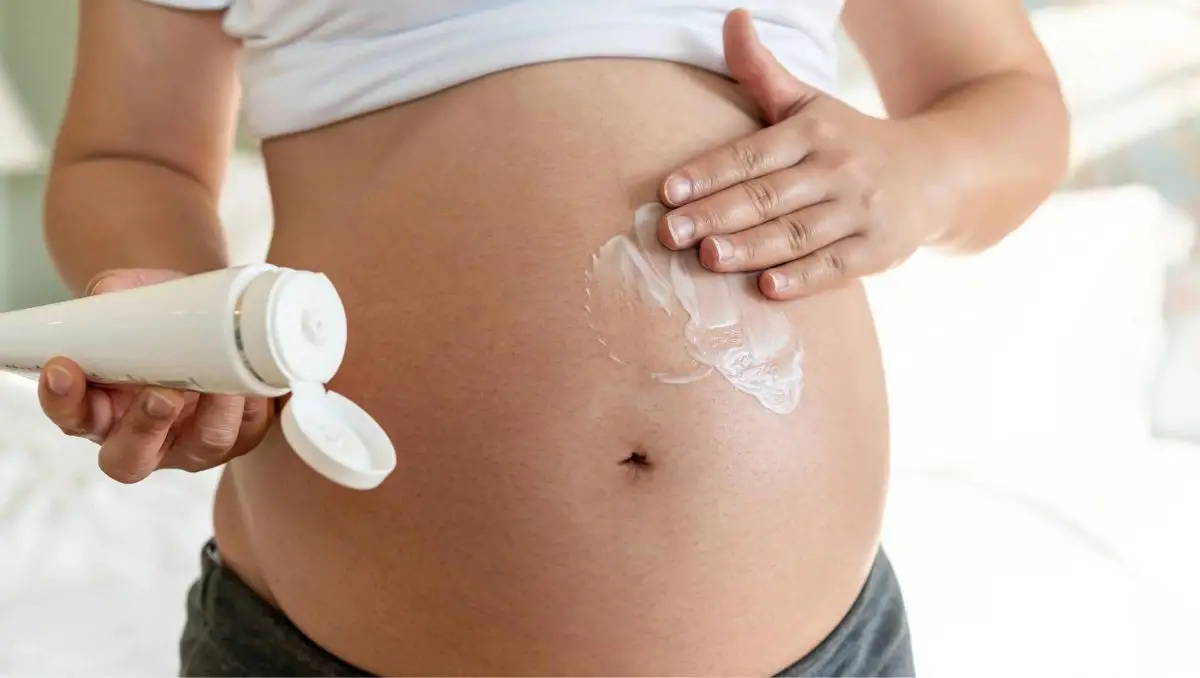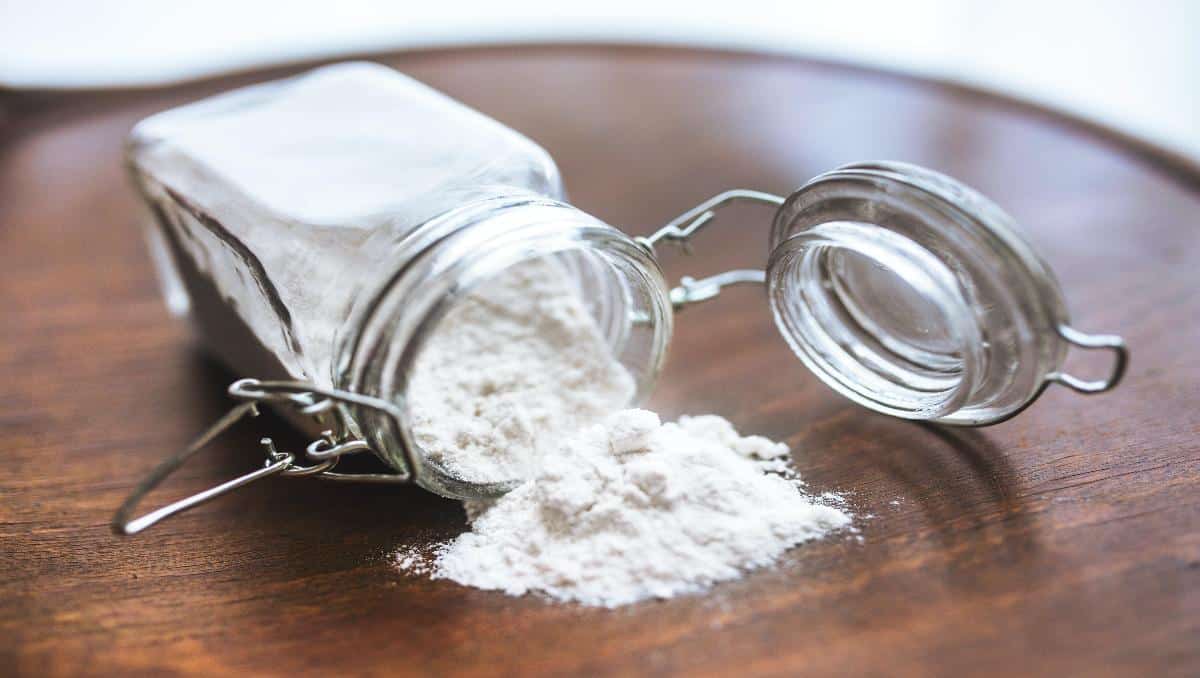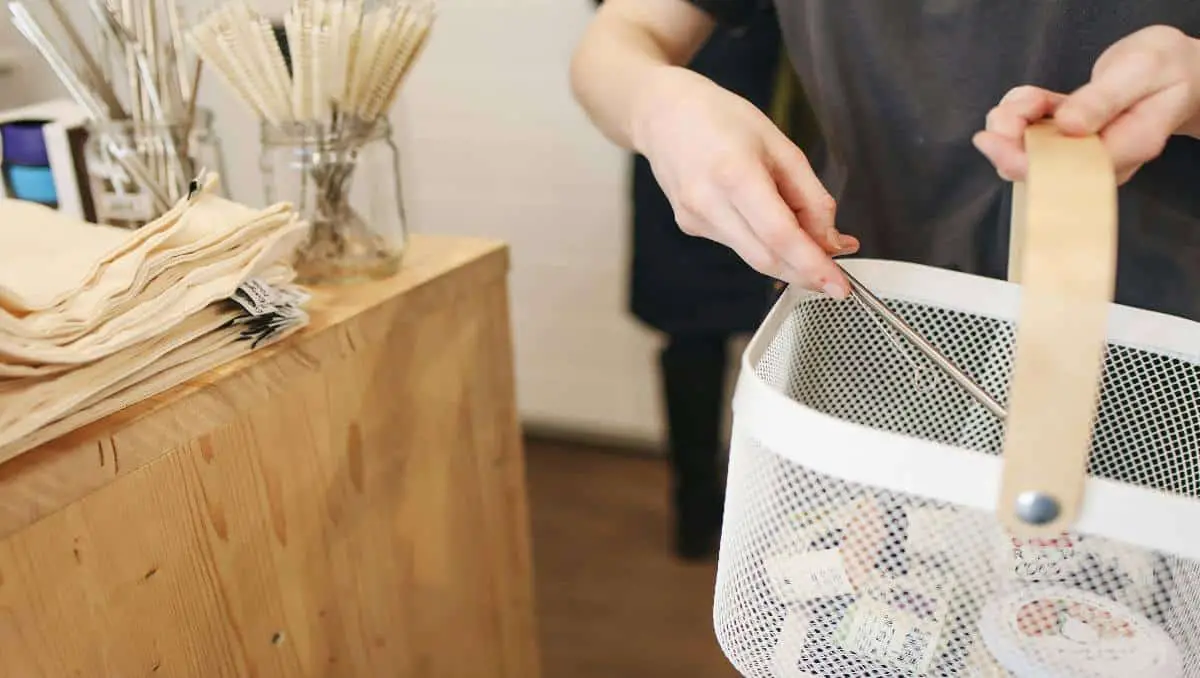In the pregnancy journey, expectant mothers are often meticulous about what they consume and apply, prioritizing the safety and well-being of their growing baby. Polysorbate 80, a commonly used emulsifier, has found its way into various products we encounter daily. Yet, a pressing question remains: Is polysorbate 80 safe during pregnancy?
The safety of polysorbate 80 during pregnancy is a topic of ongoing research. The US FDA has classified polysorbate 80 as “Generally Recognized As Safe” (GRAS) for use in food. If you are pregnant, it is best to err on the side of caution and limit your intake of polysorbate 80.
In this article, we will delve into the depths of this concern and equip you with the facts you need to make informed decisions during this crucial period of your life. It’s time to uncover the truth about polysorbate 80 and its compatibility with pregnancy.
What Is Polysorbate 80 and How Is It Used by Pregnant Women?
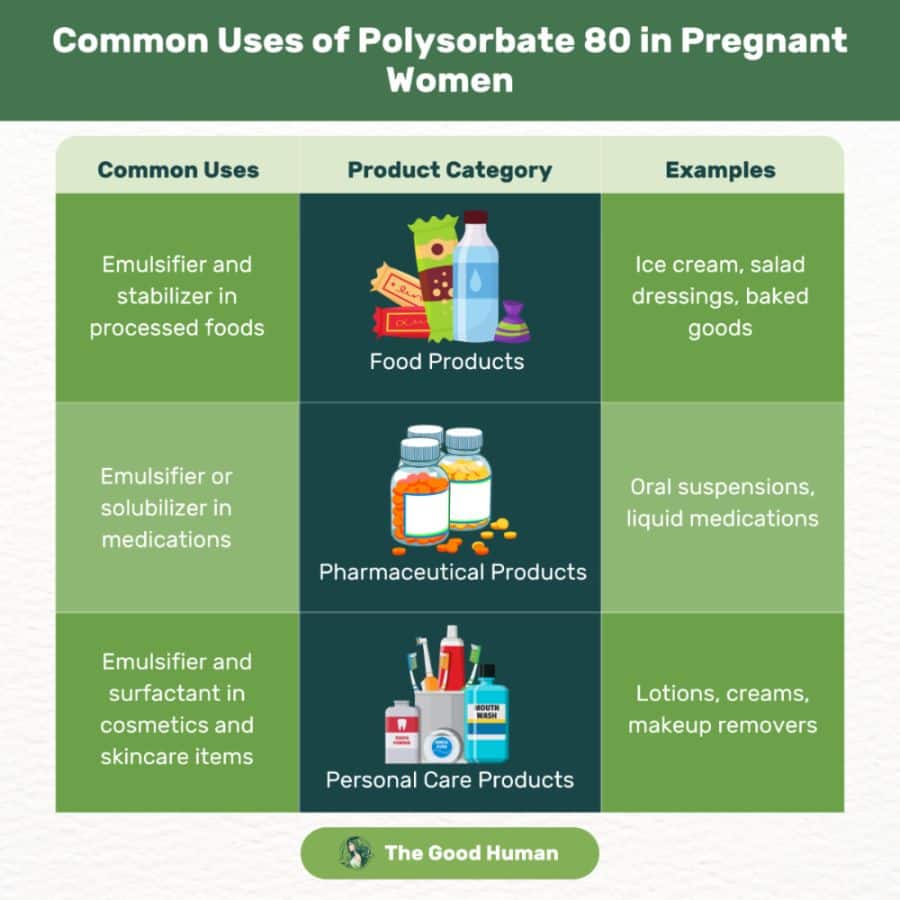
Polysorbate 80 is commonly used in various food, cosmetic, and pharmaceutical products consumed and applied by pregnant women.
In Food Products
Polysorbate 80, a commonly used emulsifier and stabilizer, is considered safe by regulatory agencies such as the Food and Drug Administration (FDA) when used in small amounts in food products.
It is often found in processed foods like ice cream, salad dressings, and baked goods. While there is limited research on the safety of polysorbate 80 during pregnancy, it is generally recognized as safe for consumption by pregnant women based on its extensive history of use and low toxicity levels.
However, it’s always wise to consult your healthcare provider before making any dietary changes or consuming new food products during pregnancy to ensure a healthy and balanced diet.
In Pharmaceutical Products

When you’re expecting, it’s essential to consult with your healthcare provider about using pharmaceutical products to ensure your and your baby’s well-being.
Polysorbate 80 is commonly found in pharmaceutical products as an emulsifier or solubilizer. While there is limited research on its safety during pregnancy, polysorbate 80 has been approved by regulatory agencies for general use in food and drugs.
However, discussing any potential risks or concerns with your healthcare provider before using any medication containing polysorbate 80 is always advisable. If you prefer alternative ingredients, they may be able to recommend suitable alternatives that are safe for use during pregnancy.
In Personal Care Products
When choosing personal care products during pregnancy, it is essential to consider their potential effects on your skin absorption, hormonal balance, fetal development, and maternal health.
One common ingredient found in many personal care products is polysorbate 80. While limited studies have been conducted specifically on its safety during pregnancy, it is generally considered safe for topical use.
However, as with any product, it is always best to consult your healthcare provider before using anything new.
Polysorbate 80 Safety Regulations Per FDA
The FDA has set guidelines for emulsifiers like polysorbate 80, ensuring they are safe for use in cosmetics. According to their guidelines, emulsifiers must undergo rigorous testing to assess their potential health effects.

While polysorbate 80 is widely used in personal care products, including those used by pregnant women, several alternatives are available. Some women may choose to avoid polysorbate 80 during pregnancy due to concerns about its potential impact on fetal development.
Fortunately, there are alternative emulsifiers that can be used instead. These alternatives provide similar functionality without the potential risks associated with polysorbate 80.
It’s important to note that not all emulsifiers have been extensively studied for their safety during pregnancy. However, the FDA monitors these ingredients and updates its guidelines accordingly.
If you have any specific concerns about a particular product or ingredient, it’s always best to consult with your healthcare provider.
Some Research About the Safety of Polysorbate 80 During Pregnancy
When it comes to the safety of polysorbate 80 during pregnancy, both animal and human studies have been conducted.
Animal Studies
A 2023 study published in the journal PLOS Biology found that consuming emulsifiers, including polysorbate 80, during pregnancy or breastfeeding was associated with mild health risks in offspring in mice.
The researchers exposed pregnant and lactating mice to two common emulsifiers, polysorbate 80 and methylcellulose, at the maximum concentration in human food products. The offspring of these mice showed mild impairments in metabolic, cognitive, and psychological functions, including changes in glucose metabolism, anxiety-like behaviors, and altered brain development.
The researchers concluded their findings suggest that emulsifier consumption during pregnancy and breastfeeding may negatively affect offspring development. However, more research is needed to confirm these findings in humans and to determine the long-term effects of exposure to emulsifiers during pregnancy.
This study provides some evidence that polysorbate 80 consumption during pregnancy may be associated with mild health risks in offspring. Pregnant women should err on the side of caution and limit their intake of processed foods, which often contain polysorbate 80.
Human Studies

There is limited human data on the safety of polysorbate 80 during pregnancy. However, one study published in 2020 found that pregnant women who consumed high levels of processed foods, which often contain polysorbate 80, were more likely to have children with asthma.
The study analyzed data from over 10,000 pregnant women and their children. The researchers found that women who consumed the most processed foods had a 67% higher risk of having a child with asthma than women who consumed the least processed foods. The association was stronger in women who consumed processed foods during the early stages of pregnancy.
The researchers concluded that their findings suggest that processed food consumption during pregnancy may be associated with an increased risk of asthma in offspring. However, they also noted that more research is needed to confirm this finding and precisely determine the role of polysorbate 80.
It is important to note that this study is observational, meaning it cannot prove that processed food consumption causes asthma in offspring.
However, the findings provide some evidence of a link between the two. Pregnant women should be aware of the potential risks associated with processed food consumption and aim to eat a healthy diet of fresh, whole foods.
Potential Risks and Concerns of Exposure to Polysorbate 80
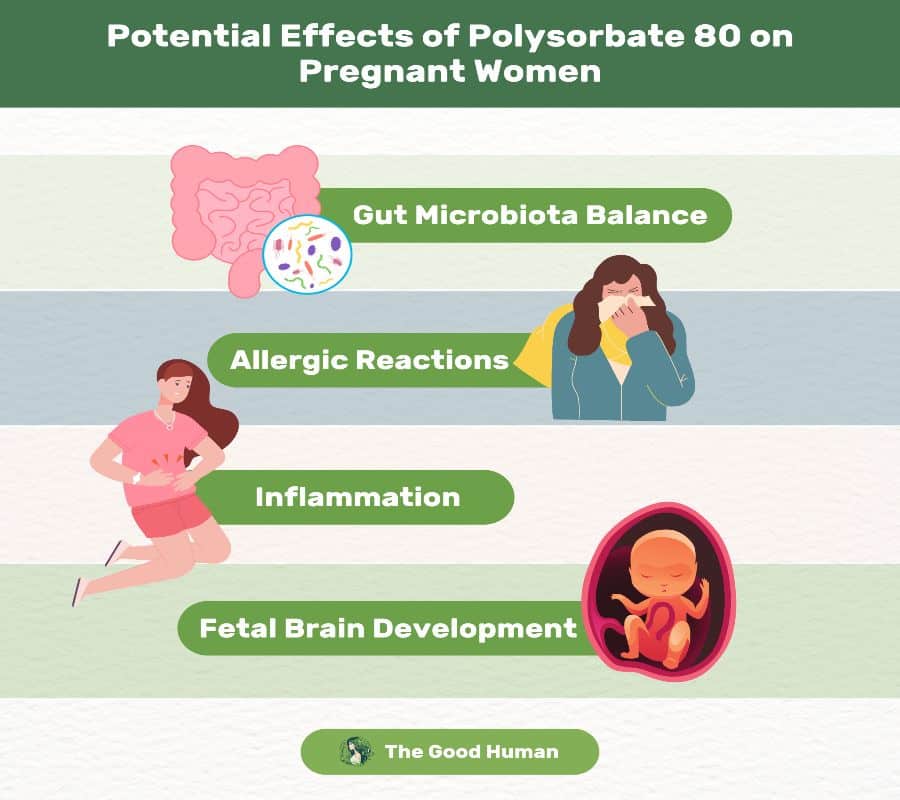
There are a few key points to consider when it comes to potential risks and concerns of exposure to polysorbate 80.
Allergic Reactions
Allergic reactions to polysorbate 80 are possible, although they’re considered rare. Regarding potential risks, it’s important to note that allergenicity can vary from person to person.
It’s worth mentioning that proper brain development is crucial during pregnancy, and any substance that may trigger allergic reactions could potentially have indirect effects on fetal well-being.
Therefore, if you suspect an allergic reaction or have concerns about using products containing polysorbate 80 during pregnancy, it’s advisable to consult with your healthcare provider for personalized advice.

Gut Microbiota
During pregnancy, taking care of your gut microbiota becomes even more essential, as imbalances can lead to various complications. Hormonal changes during pregnancy can affect the composition of gut bacteria, which may contribute to issues like constipation or gestational diabetes.
It is known that disruptions in gut microbiota can potentially increase the risk of preterm birth and preeclampsia. Probiotic supplementation has been suggested as a potential strategy to promote a healthy balance. However, it’s always recommended to consult with your healthcare provider before starting any new supplements during pregnancy.
Inflammation
During pregnancy, inflammation can affect both the mother and the developing fetus. Maternal inflammation may also have long-term effects on the child’s health, including an increased risk of chronic diseases later in life.
Fortunately, there are natural remedies available to help manage inflammation during pregnancy. These include adopting a healthy diet rich in anti-inflammatory foods such as fruits, vegetables, whole grains, and omega-3 fatty acids.
Brain Development
One factor that may influence neurodevelopmental effects is prenatal exposure to certain substances. Polysorbate 80 is a common ingredient in many food and cosmetic products, but its safety during pregnancy has raised concerns.
Limited studies have been conducted on the specific effects of maternal consumption of polysorbate 80 on cognitive function and brain development in babies. However, some animal studies suggest that high doses of polysorbate 80 may lead to developmental disorders in offspring.
While more research is needed to understand the potential risks fully, pregnant women should exercise caution and limit their exposure to unnecessary chemicals during this critical period of fetal brain development.
How to Reduce Your Exposure to Polysorbate 80 During Pregnancy
Reducing exposure to polysorbate 80 during pregnancy can be achieved by making simple changes in your daily routine.
1. Prioritize natural alternatives to skincare products, as many conventional options contain polysorbate 80. Look for safe skincare options that are free from this ingredient and opt for organic brands that use natural ingredients instead.
2. Opt for organic fruits, vegetables, and meats. Avoid consuming foods that may have been treated with pesticides or other harmful chemicals that could potentially contain polysorbate 80.
3. Develop healthy personal care habits using non-toxic household products such as cleaning supplies and laundry detergents free from polysorbate 80. Consider switching to natural and fragrance-free personal care products like shampoos, soaps, and lotions.
What Other Toxic Chemicals to Avoid During Pregnancy
One critical aspect of pregnancy is avoiding exposure to toxic chemicals that could harm the growing fetus.
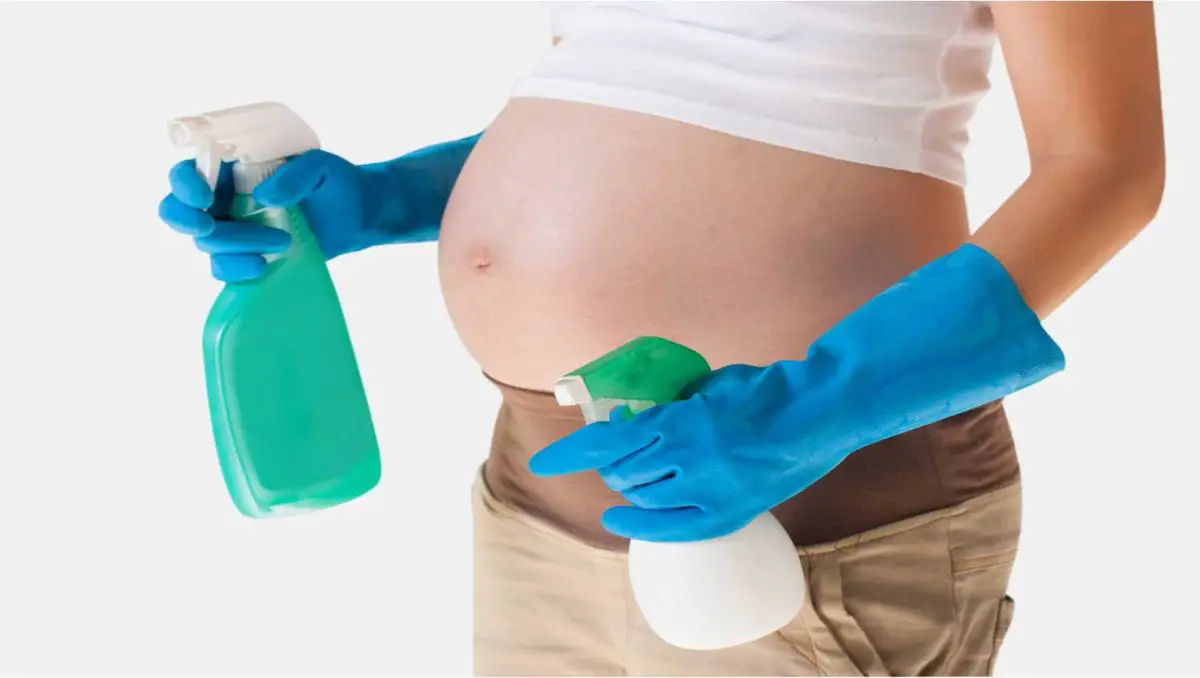
Here are some vital toxic chemicals to be aware of and avoid during pregnancy:
- Lead: Lead exposure can lead to severe developmental issues in the baby. It’s essential to be cautious around old paint, lead pipes, and certain imported goods.
- Mercury: Opt for fish with low mercury levels, such as salmon and trout.
- Pesticides: Pesticides used in gardening or on food can contain harmful chemicals. Always wash fruits and vegetables thoroughly and consider choosing organic produce.
- Phthalates: Look for phthalate-free options for cosmetics and choose glass or stainless steel over plastic containers.
- BPA (Bisphenol A): BPA, found in some plastics, can disrupt hormonal balance. Switch to BPA-free containers for food and beverages.
- Toluene: Found in some nail polishes and paints, toluene can be harmful when inhaled or absorbed through the skin. Opt for pregnancy-safe nail products.
- Retinoids: Commonly found in skincare products, retinoids should be avoided during pregnancy due to the risk of congenital disabilities. Opt for pregnancy-safe skincare options.
Better Safe Than Sorry
In pregnancy, the safety of both mother and baby is paramount. While polysorbate 80 is widely used in various products, the key lies in informed decision-making. By knowing the facts and being aware of potential risks, you can make choices that align with your health and the health of your developing child.
Ultimately, the safety of polysorbate 80 during pregnancy may vary from person to person and depend on various factors. Always consult with your healthcare provider for proper guidance.

